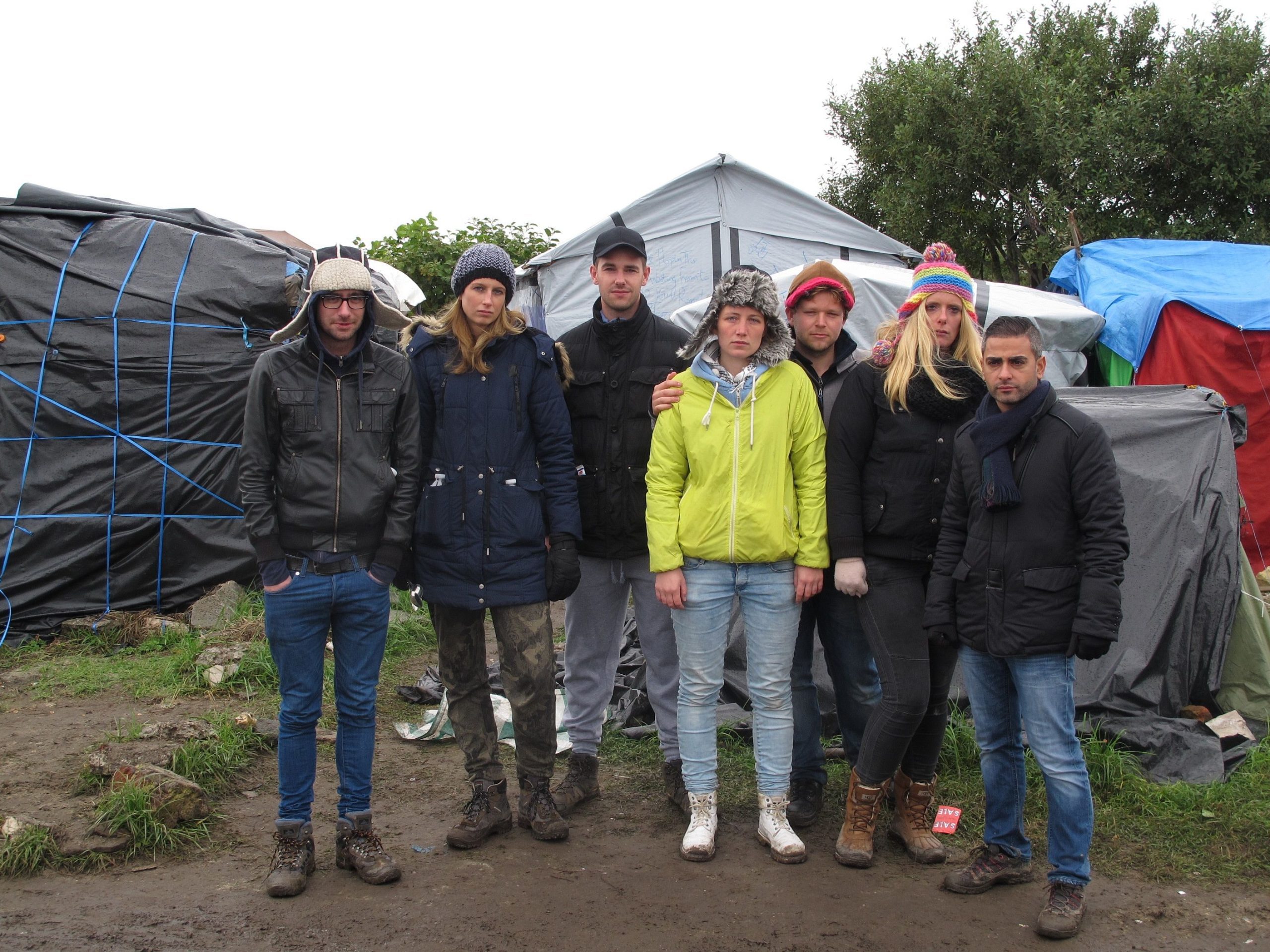In October 2015 Mart Lubben, a 24-year-old second year industrial ecology student, took part in a reality TV series recreating what it is like to be a refugee.
In the programme Rot op naar je eigen land (Fuck off back to your own country) with five other young Dutch men and women, he relived a Syrian refugee’s tragic trip in reverse. The most important thing he learned from this experience is that all refugees are different and to resist the impulse to make sweeping generalisations.
Sparked by media coverage on refugees, Lubben was reading about the issue on the internet to better understand it and think of solutions. “I reacted on a Facebook discussion on refugees,” he said. “I argued that if 100 people could take care of one refugee it would be quite doable. The big numbers are very abstract. Sure there are thousands of refugees, but there are 600 million Europeans.”
In September the media company NPO3 picked it up and head hunted him offering him a role on the series. Within 24 hours he had agreed. “I thought this was a very interesting opportunity,” he said. “I wanted to see the issue with my own eyes and be in the societal discussion, to inform my own opinion and contribute to change for the better.”
Leaving wallets, phones and keys behind, Lubben and the group began their trip at Mouaz Al Bakhi’s grave on Texel. Al Balkhi, a 22 year old Syrian engineering student, drowned trying to swim from Calais to England where he hoped to continue his studies and support his family. In October 2014 his body washed up on Texel island, where he is buried. They followed Al Bakhi’s route to Calais, then Nice, Rome, Sicily and to Istanbul, ending at a UN desert refugee camp in Jordan.
On the trip Lubben heard horrific stories from traumatised people trying to get away from conflict, wanting freedom and not to live in fear. The notorious camp in Calais, known as The Jungle provoked a mixed reaction in him. It was nasty and cold, with people sleeping among human faeces, but what was interesting was the emergent pattern of a resourceful new society. “There were 50 shops mainly selling cigarettes, but also food and soap, 15 bakeries, a mosque, a church, a school and a hospital,” he said. “It was a society organised from the bottom up.”
A personal high point of the trip was seeing the resilience of children everywhere. “They’re playful, happy, even in a war area. They don’t know what’s normal, so they’re really flexible and make the best of it. They have a lot of energy and power in every circumstance,” he said. A low point was getting a stomach bug at the end. “I could not imagine a refugee being ill and not knowing where to get help,” he said.



Comments are closed.